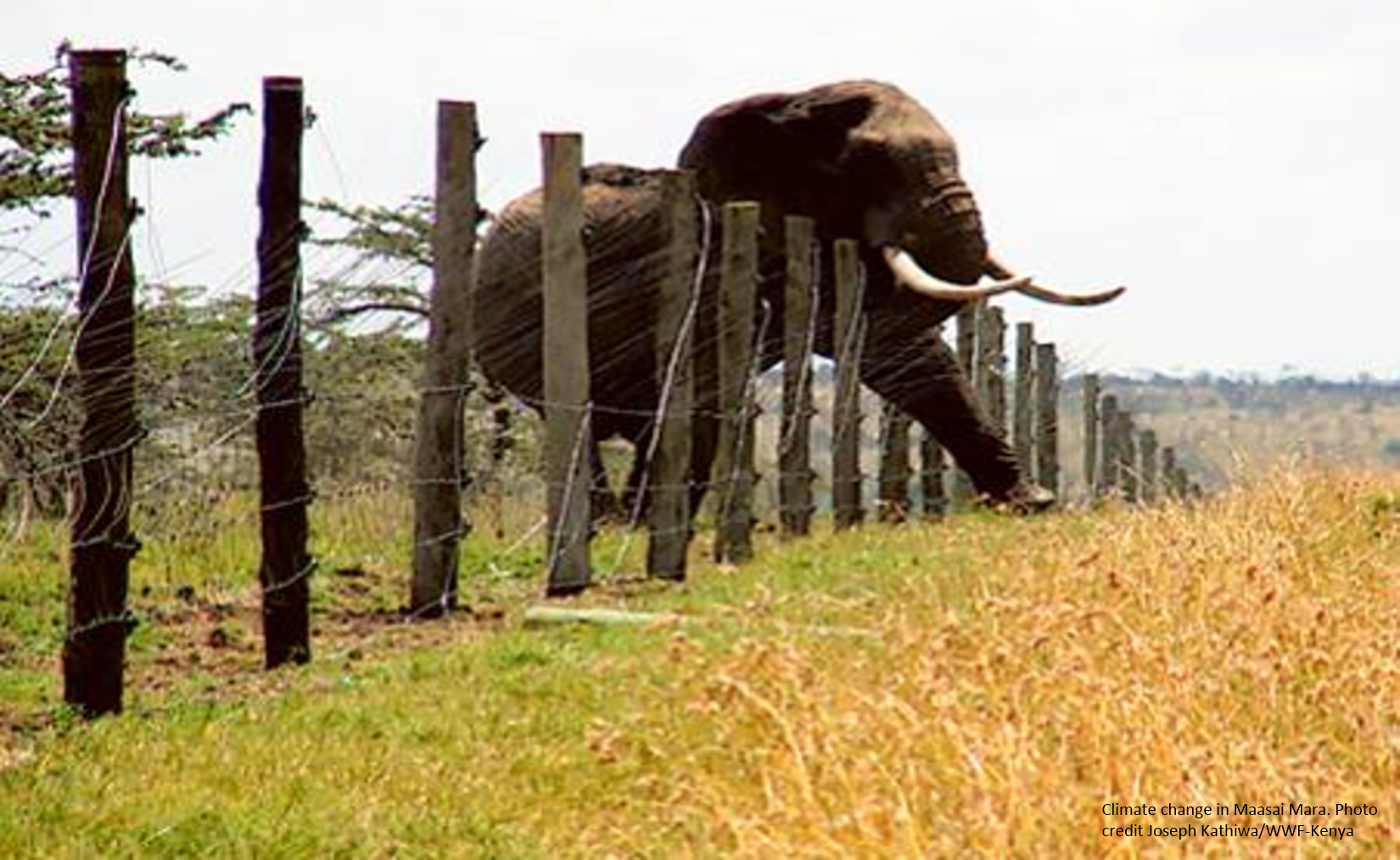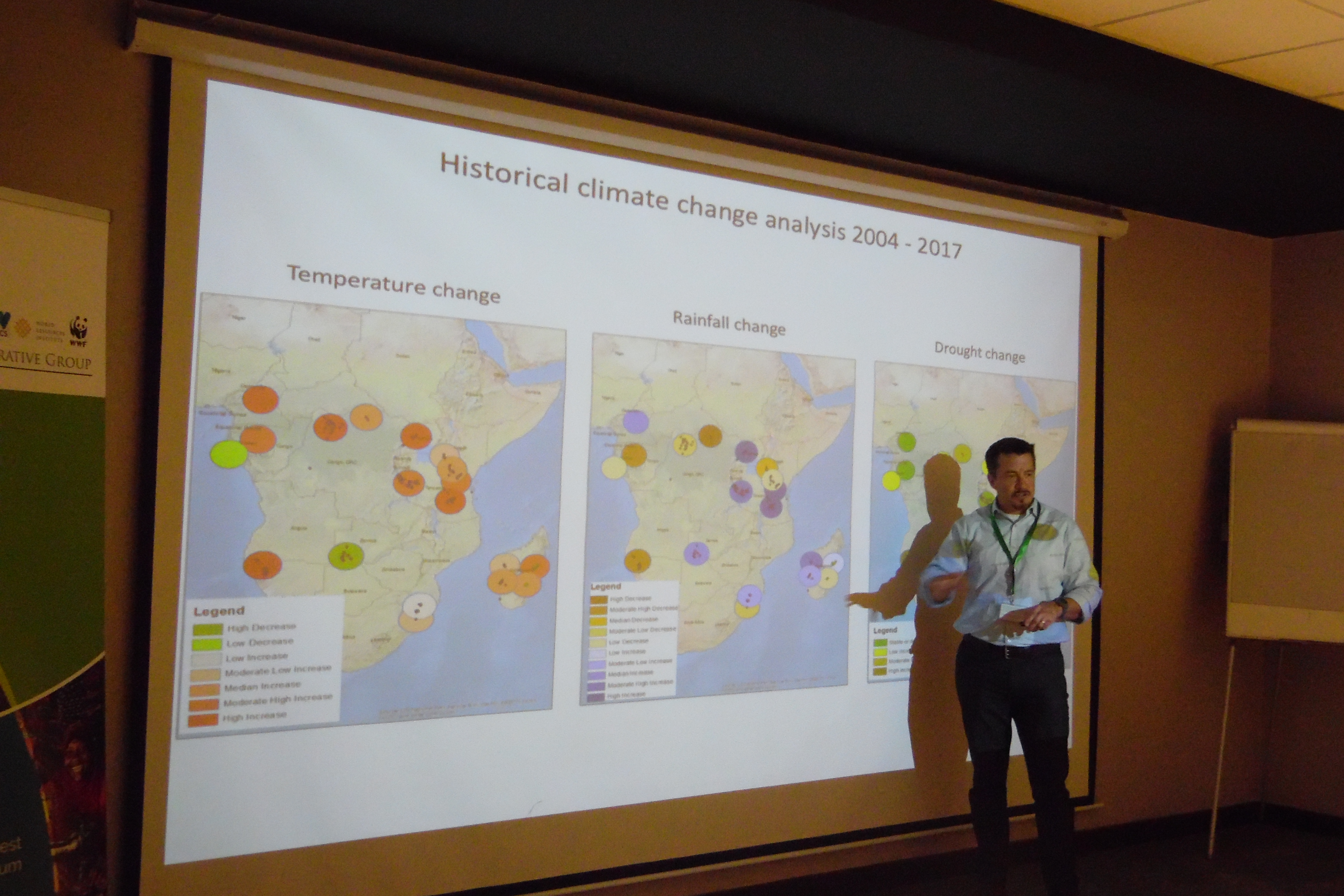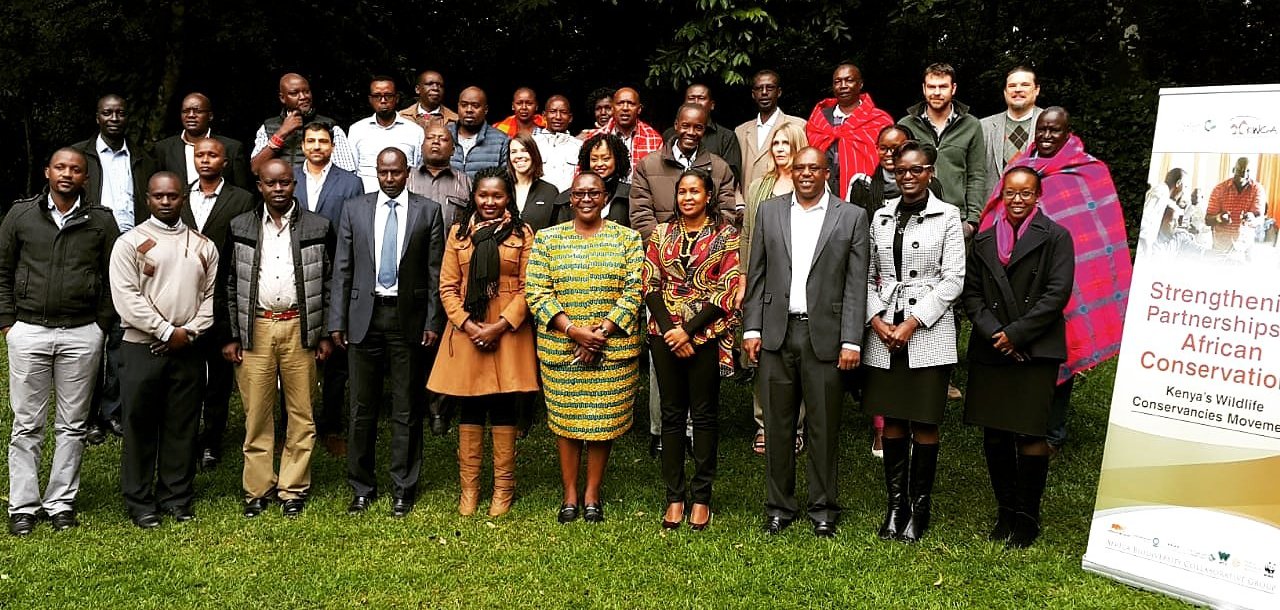
Climate change threatens ecosystems and biodiversity throughout the globe, with its effects felt differently from one place to another. Extreme weather, changes in rainfall patterns and shifting seasons are some of the primary effects of climate change. Further, human responses to these effects have the potential to have long-term, negative impacts on natural systems. Effectively managing human adaptation to these effects so as to prevent, or moderate, negative impacts is essential.
Nikhil Advani, Lead Specialist for Climate, Communities and Wildlife at the World Wildlife Fund explains, “We have a good understanding of how communities are being affected by climate change and how they are responding to climate change through various adaptation strategies, such as shifting cropping and livestock raising methods, as well as natural habitat encroachment. One critical issue that has not been well understood is the intersection between communities’ coping mechanisms to changes in climate and weather, and how their coping mechanisms may negatively impact biodiversity.”
“For example, in periods of extreme drought, are communities engaging in practices that could be causing negative impacts on the ecosystem, such as deforesting for increased charcoal production or entering protected areas to access water?”
In 2015, the Africa Biodiversity Collaborative Group (ABCG), under its Managing Global Changes Impacts (GCI) thematic area, embarked on a study to investigate the coping mechanisms of human communities to climate change and the impacts of these responses on biodiversity. The GCI working group sought to answer the following questions: a) What changes in weather and climate are communities facing in sub-Saharan Africa?; b) How are those communities responding to changes in weather and climate in this region?; c) How may those responses negatively impact biodiversity?; d) What locations may experience such impacts in the future?; and e) What alternative responses should be promoted and implemented to benefit both people and biodiversity in this region?
To the answer these questions, ABCG members and partners conducted over 600 interviews in communities engaged in farming, fishing and pastoralism across 19 different sites in 10 countries in sub-Saharan Africa (Cameroon, Gabon, Democratic Republic of the Congo, Kenya, Tanzania, Zambia, Namibia, Madagascar, Mozambique and Uganda). The data collected from these interviews is available on World Wildlife Fund’s Climate Crowd initiative website.
On August 14-16, 2018, ABCG members from The Nature Conservancy, World Wildlife Fund, Wildlife Conservation Society, the Jane Goodall Institute and Conservation International, as well as research partners and stakeholders from Tanzania, Kenya, Cameroon, Namibia and Mozambique met in Nairobi, Kenya for a workshop to present the survey findings of the adaptation responses and how those responses impact biodiversity. The event also raised awareness of how adaptation strategies can benefit both people and biodiversity, and contribute to the long-term sustainability of landscapes.

“The results of our survey established that fishing and farming communities are responding to climate change in ways that often times negatively impact biodiversity. We therefore need to be innovative and implement strategies that help farmers to adopt to climate change in ways that can positively impact biodiversity”, said Camila Donatti, Director, Climate Change Adaptation at Conservation International.
Participants of the workshop discussed and put forward several strategies, such as agroforestry, building water storage facilities, and applying sound rangeland management practices that can help reduce the indirect negative impacts to biodiversity due to human responses to climate change. They further identified interventions that can be applied with their local communities to ensure that they develop appropriate coping strategies that do not negatively impact biodiversity.
Climate change is clearly a major threat globally to the wellbeing of both human communities and ecosystems. The way humans respond to climate change can increase the nature, number and intensity of these individual threats, worsening their impacts. This means that how we manage our wildlife and wild places will be key to successfully addressing the effects of climate change. Appropriate coping strategies adapted to local conditions – which don’t negatively impact ecosystems – are essential and urgently needed.
The work of ABCG’s GCI working group has been to foster greater understanding and dialogue on emerging coping strategies already being adopted, and with this workshop, beginning to explore how those strategies can be improved upon.
Workshop participants group photo
Photo credits
Cover image: By Joseph Kathiwa, WWF-Kenya
Image 2&3: By Evelyn Namvua, ABCG



Add a Comment